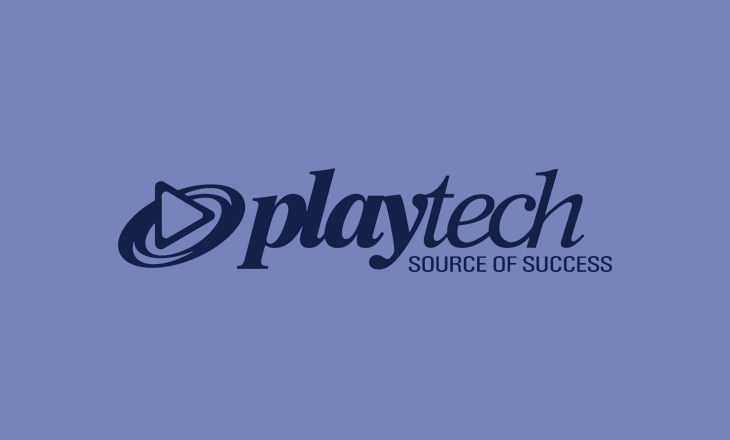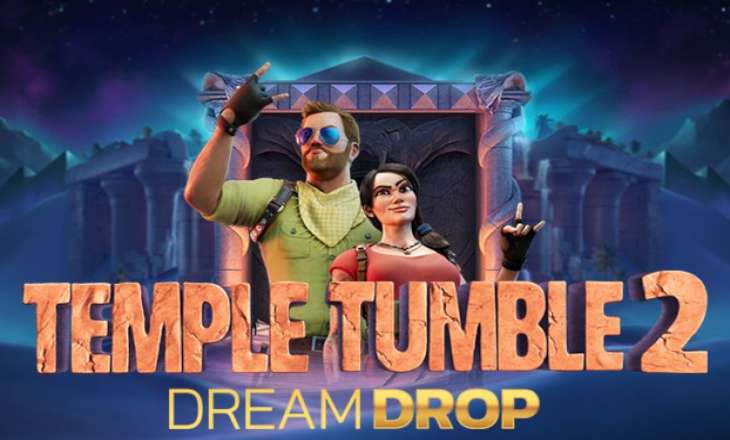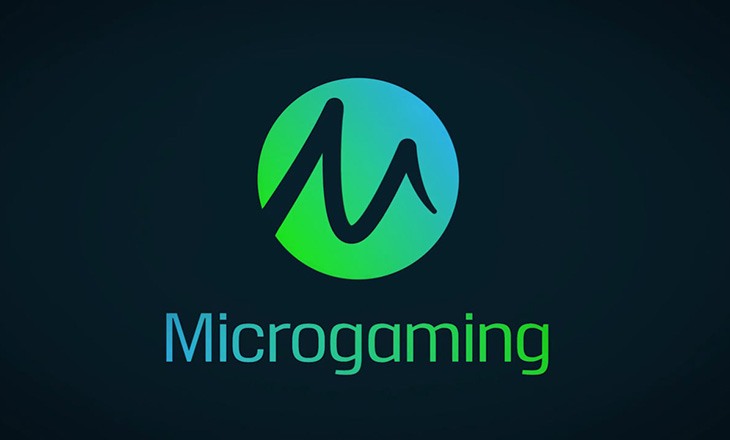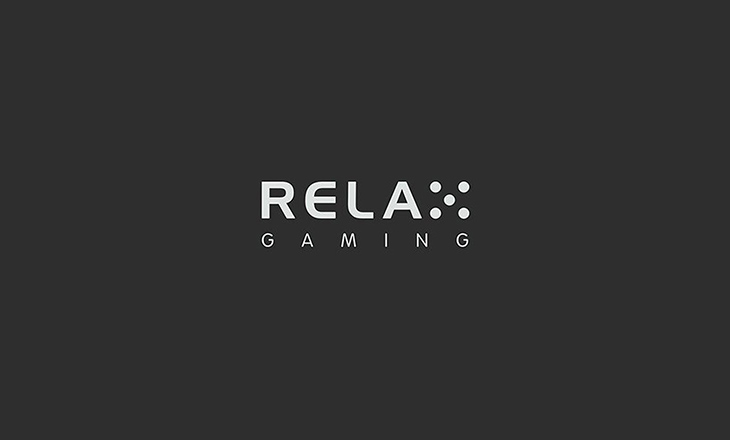The explosion of distributed ledger technology adoption has been accompanied by the rapid uptake of peer-to-peer cryptocurrency exchange platforms. Once Ethereum demonstrated to the world that it was possible to create a global shared computer with tokenised, smart contract assets - all exchangeable via an inbuilt decentralized exchange (DEX) - the path of future digital ownership was decided.
This new way of transferring value without an intermediary is slowly transforming how society understands commerce. By removing the need for a third party, the approval of what, and how much can be exchanged, no longer applies. For the first time in our digital existence, anything of imagination is tokenisable and tradeable.
No industry could demonstrate better the potential for disruption and product evolution than betting exchanges.
Key Features of Decentralized Cryptocurrency Platforms
Before we explore this new breed of betting exchange, we need to understand what ‘defines’ a decentralized crypto-platform.
- 1.The underlying protocol used by the platform needs some form of smart contract layer for asset collateralization. This is when real-world or digital things are tokenised on the blockchain. It can be anything from apples to shares.
- 2.The network should be peer-to-peer, directly connecting individuals. Intermediaries may take a cut of fees and decide whether a transaction should go through, but they also add a layer of trust and security. Without middlemen processing transactions, a mechanism of trustless transactional execution needs to be in place.
- 3.A smart contract layer is required to guarantee that any sequence of operations is executed when certain parameters are met. In short, this means that the debiting and crediting of balances is automated (something normally agreed between banks).
- 4.The blockchain should be able to process sufficient transactions per second, with low fees. Again, the removal of an intermediary from something like a betting exchange is pointless if the decentralized transaction is slow and costly.
- 5.Lastly, non-custodial ownership of assets is essential. Why remove the protections of centralised third party platforms to only give up your wallet security to another third party? Users should therefore be able to access the platform with their own personal wallet, submitting transactions via password signing.
Now we’ve covered what a decentralized cryptocurrency platform should look like, we can take a closer look at what crypto betting exchange might look like.
Cryptocurrency Betting Exchanges
The creation of varied cryptocurrency networks has been accompanied by an ever-increasing number of decentralized cryptocurrency exchange offerings. From Bitcoin, Ethereum, through to Tron, EOS, and even Stellar - if you want to access a new world of betting, there’s a blockchain ecosystem to suit your needs.
However, whilst non-crypto betting exchanges tend to currently offer the most liquid books on ‘traditional’ events (say sports or major political moments) the nature of tokenisation means that literally anything can be easily represented, and wagered, on-chain.
Augur
A great example of potentially limitless peer-to-peer betting markets comes from Ethereum-based dApp Augur. Officially defined as a ‘decentralized oracle and prediction market protocol built on the Ethereum blockchain. Forecast events and be rewarded for predicting them correctly’ Augur facilitates the permissionless creation and wager on literally any market.
Outcomes are tokenised as digital shares, with the buying and selling of these shares representing backing and laying on traditional exchanges.
Augur differs from non-crypto platforms in several key areas. By representing backing/laying through the buying/selling of notional shares, Augur has created an easily accessible stock market environment. Whilst this strategy of betting is technically possible through traditional exchanges, it is nowhere near as user-friendly or liquid, and is entirely centralised. Moreover, fulfilling transactions on a public chain means that all transactions are auditable and transparent.
Transactions are signed via private wallets, with chain interaction via the platform. Whilst adoption of the dApp is still in its nascent stage, cash contracts regularly top $1,000,000. With greater platform accessibility and public awareness, Augur’s order books and breadth of markets should continue to grow significantly.
DICE
Dice betting may not sound like much, however EOS’s DICE dApp has, on average, a $69 million, 7 day turnover, and offers 9 different games. Unlike Augur, bets are opened and settled in a more traditional manner. However, like Augur and other Ethereum gambling dApps, all transactions are on-chain, with EOS tokens and transactions secured via smart contracts.
Games include recognisable versions of baccarat, lottery, roulette and dicing. Non-custodial processing of funds (i.e. keeping ownership of your EOS) greatly improves security and trustability. Moreover, Dice appends the server and client seed, as well as nonce that determines the result of the bet. This allows players to audit the fairness of the game - something lacking from traditional exchanges,
An additional feature of dApps such as Dice is the ability to take part in platform profit sharing. This is done through staking DICE tokens - the native asset of the platform. Every bet placed by a player receives a rebate of a percentage of DICE tokens.
These tokens can then be staked in order to receive a payout percentage of the site’s profits, proportional to the amount the individual stake. Excitingly, up to 50% of profits processed by the Dice platform is paid out to players who stake.
Incredibly, EOS-based betting exchange dApps process in excess of $150 million every week, and account for a large majority of network usage.
Market Share Potential
But what market share percentage could P2P crypto platforms capture from traditional exchanges? Figures from the UK markets (2017) suggest a gross gambling yield of £170m. This was a tenth of total revenues generated by online sportsbooks.
Projections from Zion Market Research puts total global sports betting at $155 billion by 2024. If current UK market share percentages remain constant (and applies globally), this would put global exchange betting at around $15 billion.
However, this $15 billion market share might not be too exciting for blockchain fans (and investors). EOS’s betting dApps currently process over $7 billion a year alone. With general crypto-adoption still very much in its infancy, a conservative estimate for all cryptocurrency betting exchange turnover could be 10 times this figure - eclipsing the traditional betting exchange market share projections.
Growth Potential
With traditional incumbent betting exchanges facing potential revenue threat from this new breed of peer-to-peer cryptocurrency platforms, what could the future hold for these two distinctly separate models?
As those in the traditional industry camp will recognise, legislatory approval, for any long-term success, is paramount. Betting and gambling companies are beholden to a whole host of strict regulations, security deposit and insurance requirements.
Although the crypto-anarchists won’t like to hear it, in order for any betting dApp (or dApp in general) to really take off, the need for regulatory approval is paramount. Once legitimised, these platforms will be able to offer the consumer ‘security’ associated with traditional platforms, on top of the low fees and profit-sharing potential resulting from cryptocurrency technology.
Couple the above with cross-chain, multi-digital/fiat currency swaps - and a user friendly UI - and it will be possible for anyone, with any asset, to seamlessly make a peer-to-peer cryptocurrency enabled bet, on any market. That sounds like quite the future growth potential.
Guides and Feature Articles Similar to this Topic







